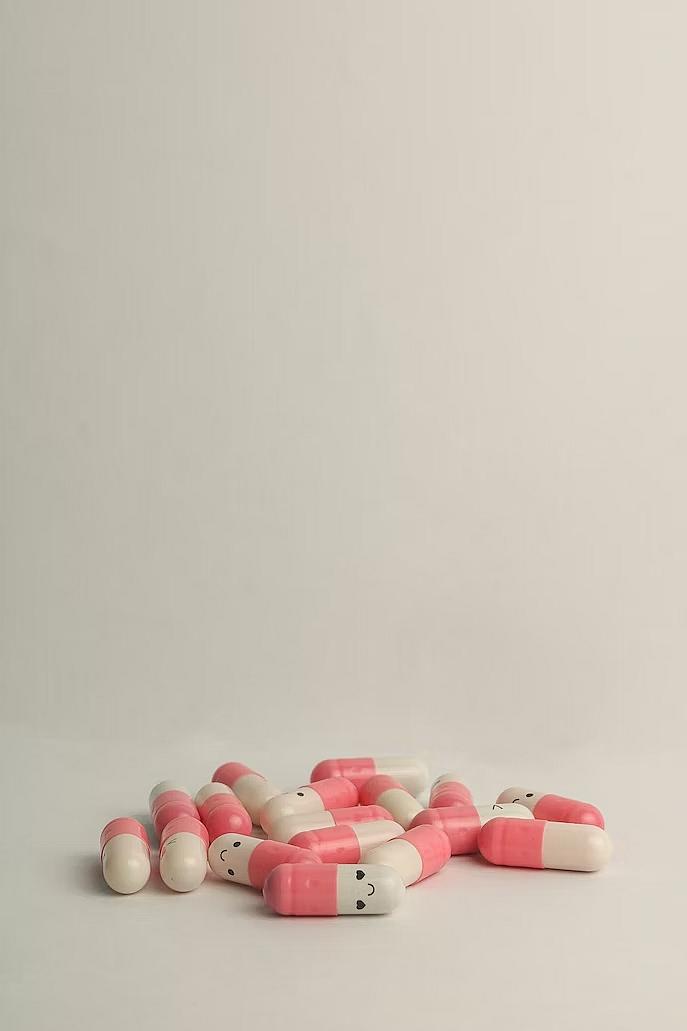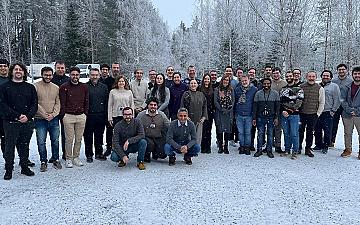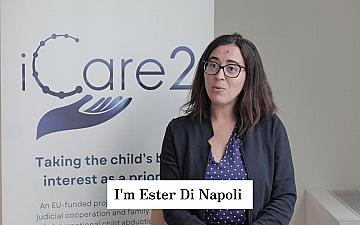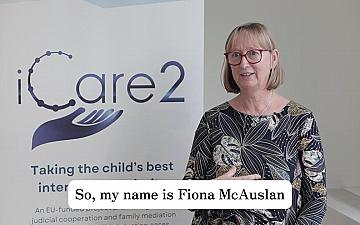Is there such a concept as a "miracle cure", and can it be cured by its intake by avoiding effective medical care? This is the central question we will answer in this article.
When it comes to miracle cures, misinformation can take many forms. From the fact that the public has been encouraged to apply unproven or ineffective treatments to spreading false claims about the safety or effectiveness of the treatment or exaggerating the results of scientific research. An example of this is the European Medicines Agency's alarm about using cell therapies, advertised as miracle cures but often unproven and unresolved.
Other cases that Europe is struggling with concerning misinformation are false claims about the effectiveness of alternative and complementary medicines, such as herbal and homoeopathic remedies, as well as unproven treatments, such as "stem cell therapy" and "CBD oil".
There are several cases of fake "miracle cures" being marketed and sold in Europe.
Here are a few examples:
"Cannabis oil" - products that are marketed as cures for various diseases, such as cancer, multiple sclerosis and chronic pain. These products are often sold online, and many have been found to contain little or no CBD (cannabidiol), the active ingredient in cannabis that is thought to have therapeutic effects.
Based on the principle of "similar cures", homoeopathic remedies have been debunked by scientific research. Many homoeopathic remedies are diluted to the point where they do not contain active ingredients, but they are still marketed as effective treatments for various ailments.
Herbal remedies are marketed as cures for various diseases, such as cancer, diabetes, and heart disease. Many of these products are contaminated with harmful substances, such as heavy metals, pesticides and prescription drugs.
Ayurvedic medicines, which are based on the traditional Indian system of medicine, are marketed as a cure for various diseases but have been found to contain heavy metals and other harmful substances.
It is essential to always check the regulatory authority of your country of residence for approved medicines and the product's ingredients with a healthcare professional before consuming any of these products. The European Medicines Agency (EMA) and other European regulators are working to counter disinformation about 'miracle medicines' by providing accurate information to the public and taking action against individuals and organisations who spread false or misleading information.
Online platforms and social media have been identified as critical sources of spreading misinformation about "miracle cures" among young people, as this can lead to health decisions that are not based on accurate and proven information.









